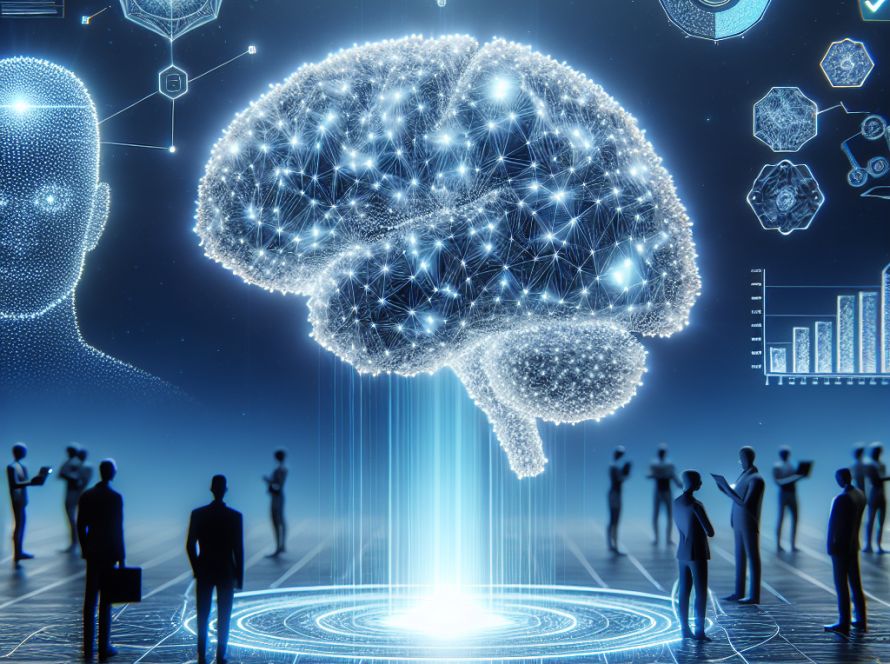Elon Musk, the CEO of Tesla and SpaceX, recently posted a video on an unspecified platform mimicking the voice of Kamala Harris, which triggered concerns over the potential influence of AI deep fakes on upcoming US elections. Ironically, Musk is a public supporter of Donald Trump, aiming for re-election and often uses his platform to disclose his political and societal viewpoints to his 191 million followers.
The video’s visuals were genuine clips from Harris’ campaign, but the voice-over was a replica of her voice created using AI technology. The simulation was remarkably accurate, making ‘Harris’ say, “I, Kamala Harris, am your Democrat candidate for president because Joe Biden finally exposed his senility at the debate.” The video was originally uploaded on the platform and YouTube by a YouTuber known as Mr Reagan as a parody. However, when Musk reposted it, he didn’t mention that the video had been tampered with and was meant as a parody. Instead, he simply commented, “This is amazing”, along with a laughter emoji.
Musk faced criticism for sharing this manipulated video, particularly from Democrats. The risks inherent in such AI-manipulated videos have led California Governor Gavin Newsom to propose the “Safe and Secure Innovation for Frontier Artificial Intelligence Models” bill, also known as SB 1047 to address this issue.
The platform, generally used by Musk, has policies that prohibit sharing misleading media which can cause confusion or harm. However, it makes exceptions for memes and satire, as long as they don’t cause significant confusion about the authenticity of the media. Defending himself, Musk tweeted a comment from Professor Suggon Deeznutz, saying that parody is legal in America.
The Public Citizen advocacy group’s co-president, Rob Weissman, disagreed, saying that not everyone would get that the video was a joke. The FCC’s recently proposed regulation requiring the disclosure of AI-generated content in political ads on TV and radio was hailed by Weissman. He argued that regulatory bodies should mandate the disclosure of AI usage in political communication to prevent political deepfakes from impacting or determining election outcomes.
The debate raises questions about the interpretation of the video posted by Mr Reagan. Some see it as a political ad, others a joke, and yet others, a combination of both. Regardless of the intent, videos such as these dynamically shift the boundaries between reality and fiction. Experts fear that the increasing quality of AI-generated videos and voices may spur political maneuvering and indirectly influence public opinion, further complicating the issue.


